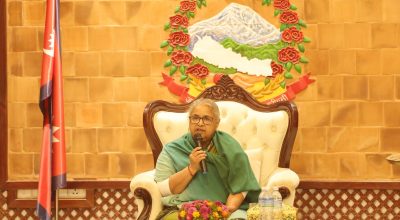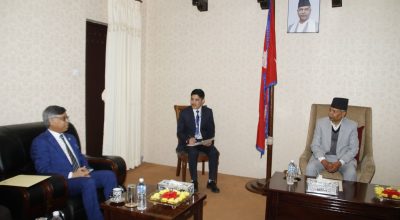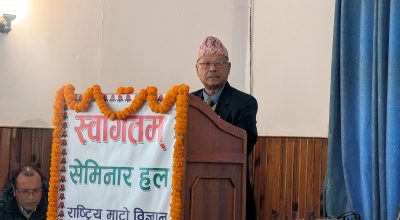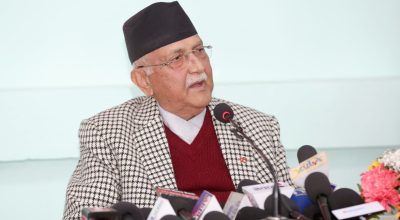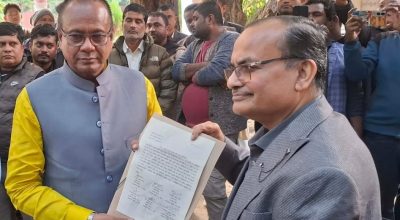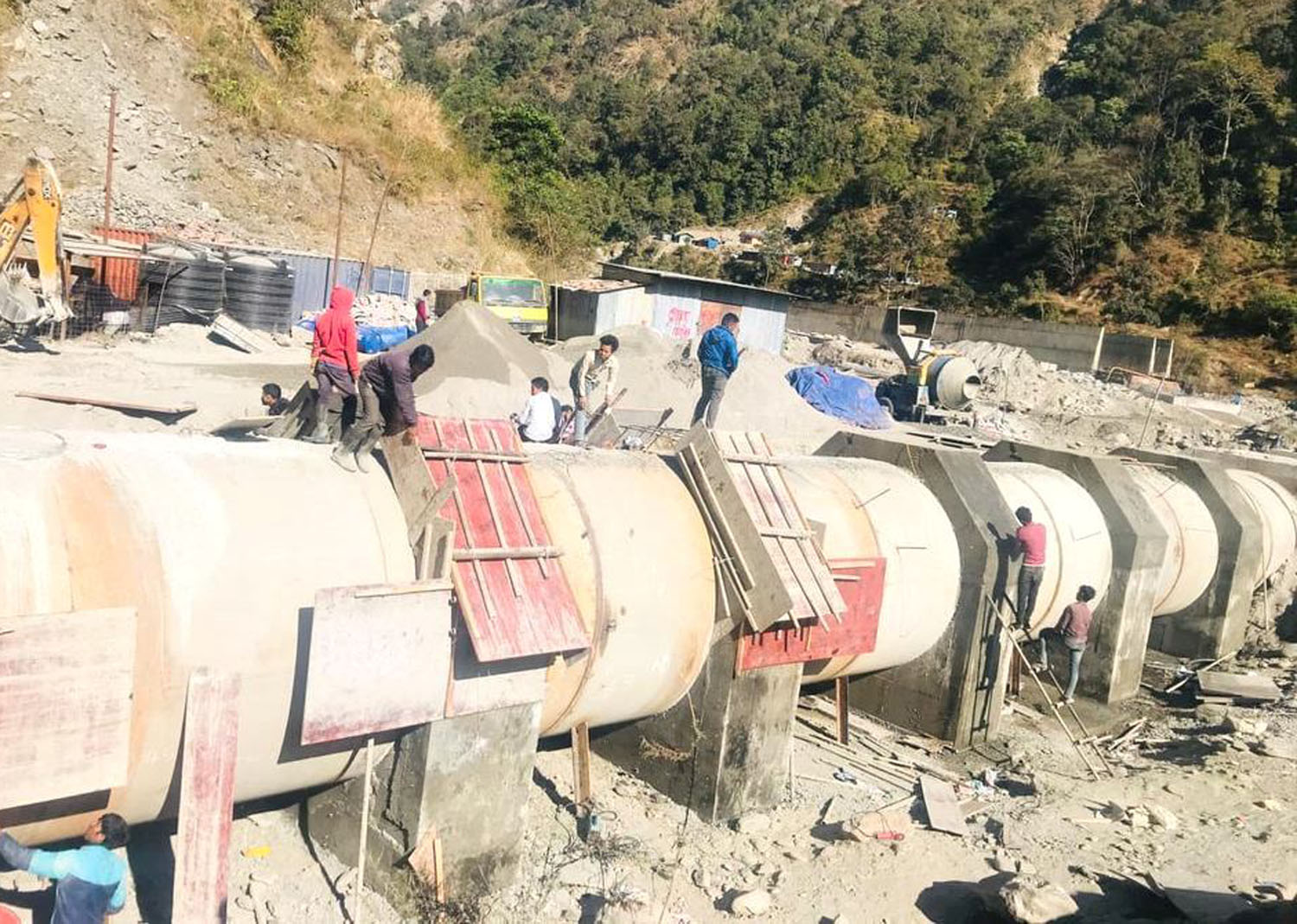
KATHMANDU: In the last fiscal year, capital expenditure has been only 6 to 7.5 percent of the gross domestic product (GDP). At present, the total GDP is about Rs. 3.4 trillion. Six to 7.5 percent means a minimum of Rs. 236 billion to a maximum of Rs. 295 billion. Experts in the infrastructure sector say that this spending trend is less than necessary.
According to infrastructure expert Kamal Pandey, various studies conducted by the government and the private sector have shown that capital expenditure should be 12 to 15 percent of GDP to meet the government’s 25-year long-term goal. This is an annual minimum of Rs. 473 billion to Rs. 591 billion.
In the first series of policy dialogue jointly organized by Society of Economic Journalists of Nepal (SEJON) and Policy Entrepreneur Inc. (PEI), infrastructure expert Pandey informed that the expenditure for infrastructure development has been reduced.
“Among the capital expenditure, nearly 70 percent is spent on infrastructure (roads, drinking water, energy, urbanization and communication),” he said. But, only 70 to 80 percent of the amount allocated for infrastructure is spent. “We cannot see changes in recent years,” he said.
Former Secretary Krishna Gyawali said that the construction of infrastructure projects would not be improved without good governance. “Nepali projects have been marred by weak governance and projects have to face many troubles due to lack of procurement process and procurement knowledge.”
Prof. Dr. Kushum Shakya, Dean of Tribhuvan University, stressed on the fact that infrastructure is the basis of Nepal’s economy. “The problem is that the government has not been able to prioritize infrastructure projects and make budget allocations effective,” he said.
Meenman Shrestha, chairman of the Urban Development Committee of the Federation of Nepalese Chambers of Commerce and Industry (FNCCI), argued that the work could not finish on time as there were many monitoring bodies.
“The rule of paying in advance on development project contracts should be repealed,” he said. Vice President of the Confederation of Nepalese Industries (CNI), Birendra Raj Pandey, complained that the law and regulations have not been enacted despite the introduction of public-private partnership policy. “Unless there is policy clarity and assurance of profitability, private sector will not invest in infrastructure,” he said.
Urban development expert Sarita Shrestha Maske stressed on the need to plan for ownership before building infrastructure. “We need to develop a culture of working through the process, not under pressure from the political leadership,” he said.
Chief of the Planning Monitoring and Evaluation Division at the Ministry of Finance, Suman Dahal, said that there was a problem in the monitoring of infrastructure projects. “The lack of trust between the private sector and the government also seems to have caused some problems,” he said.





